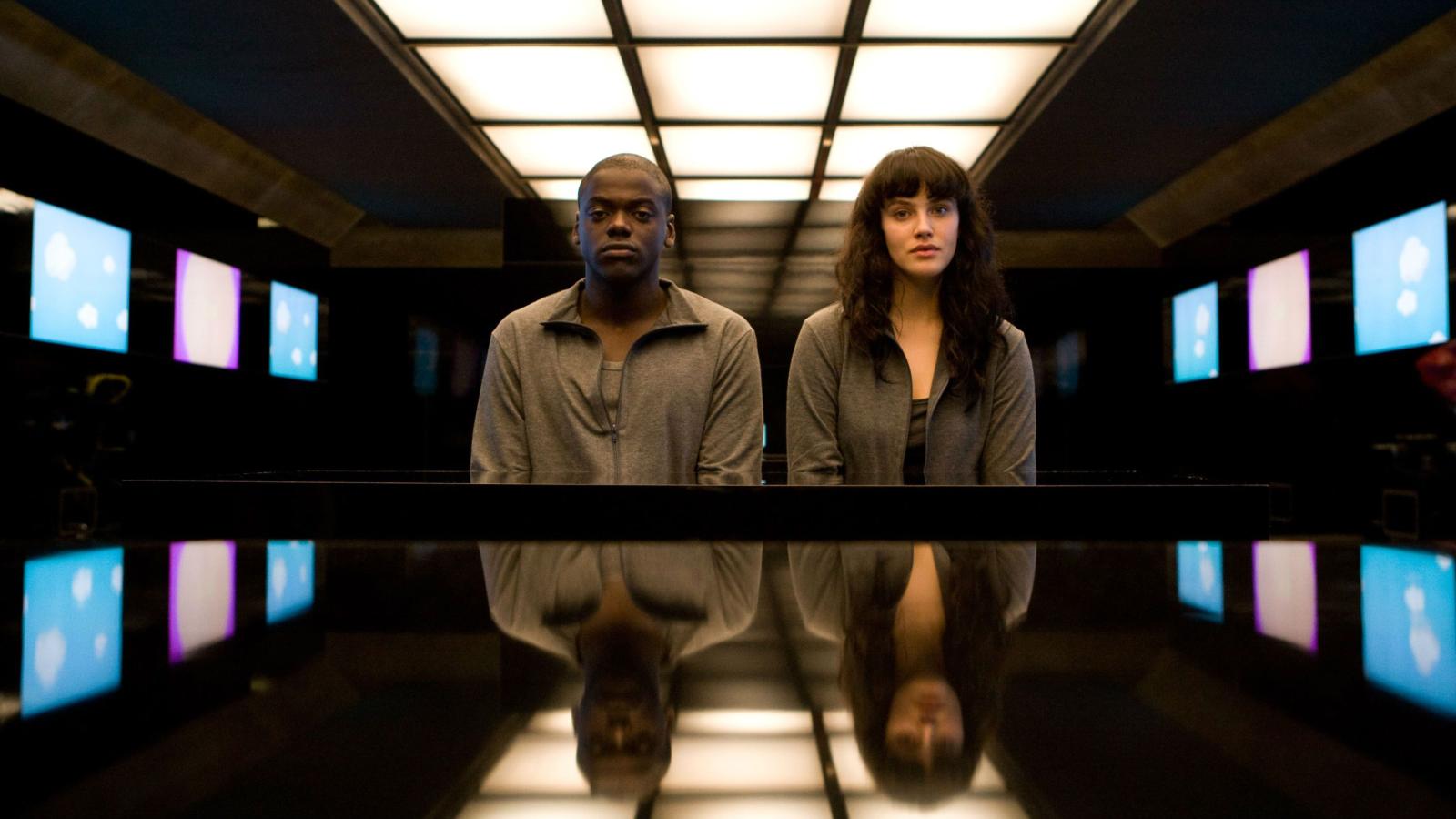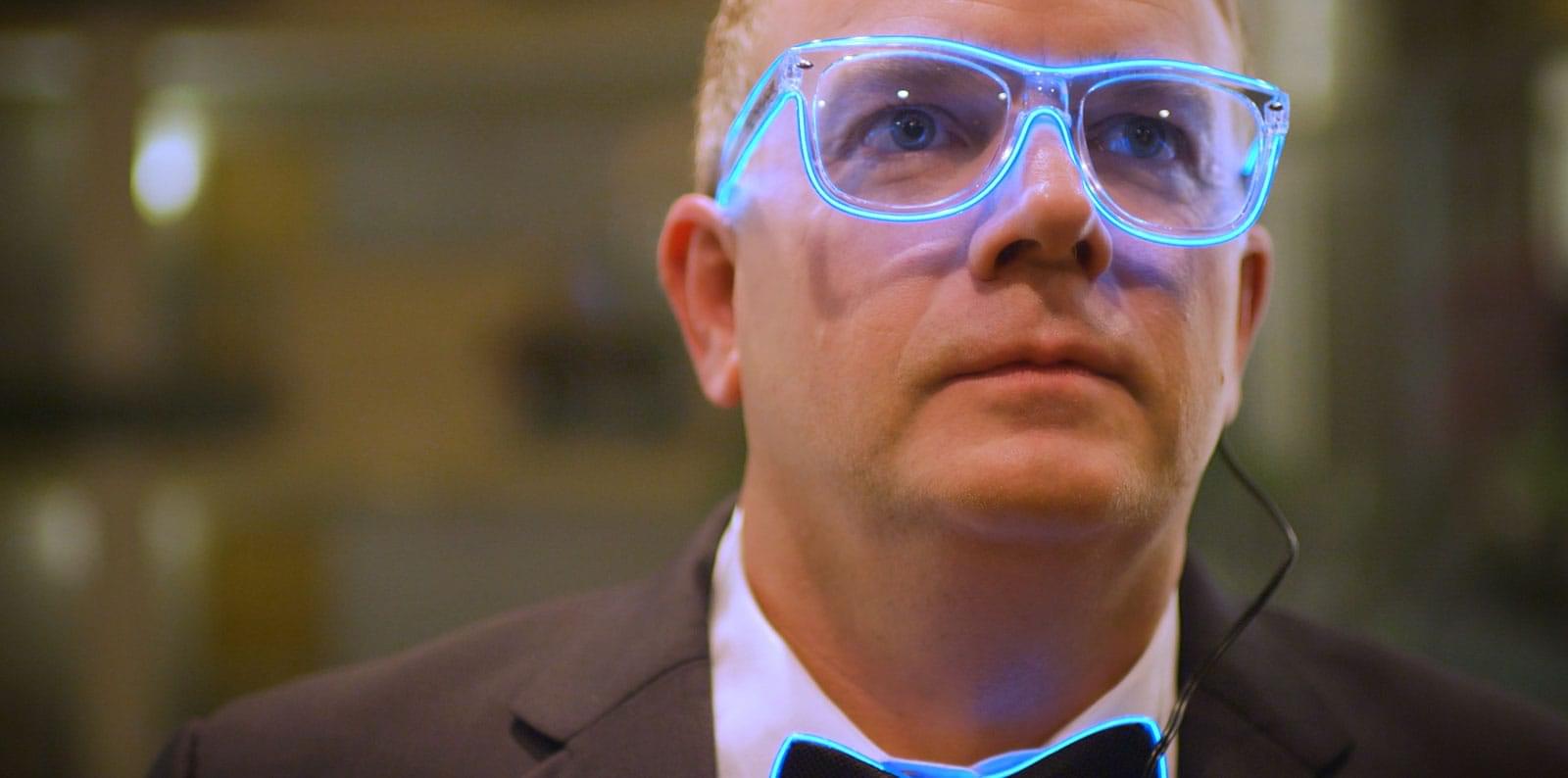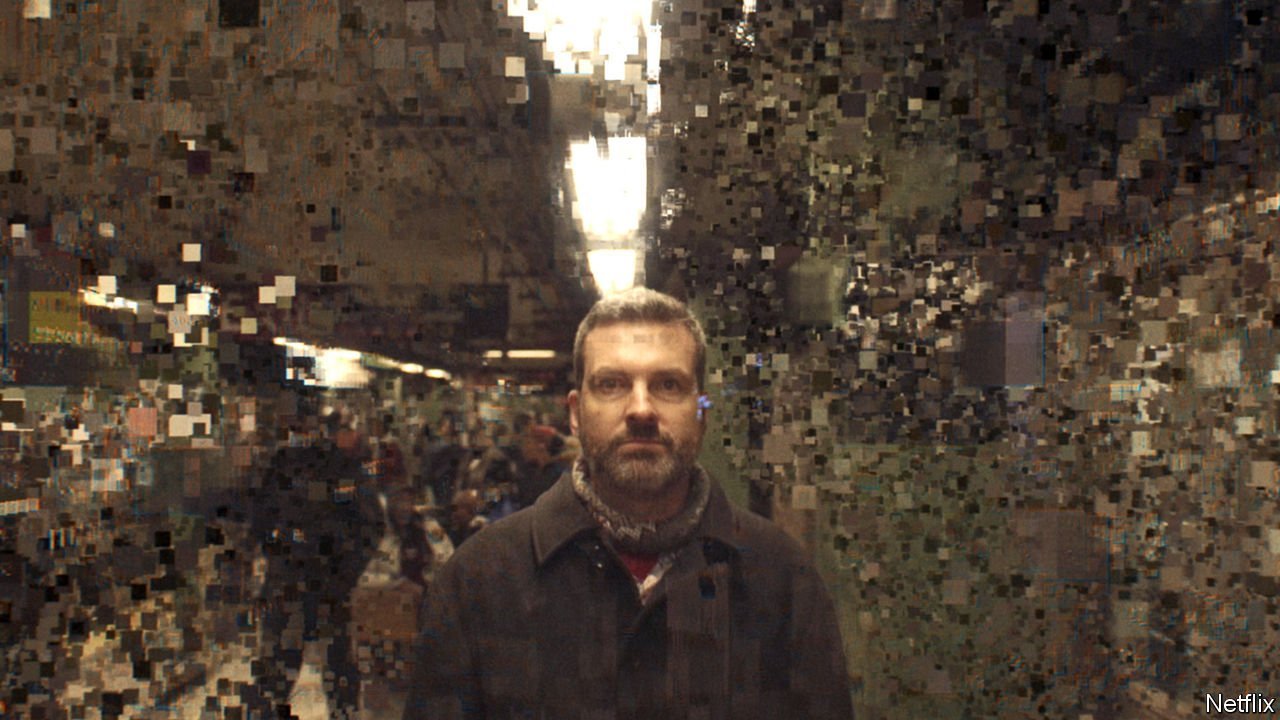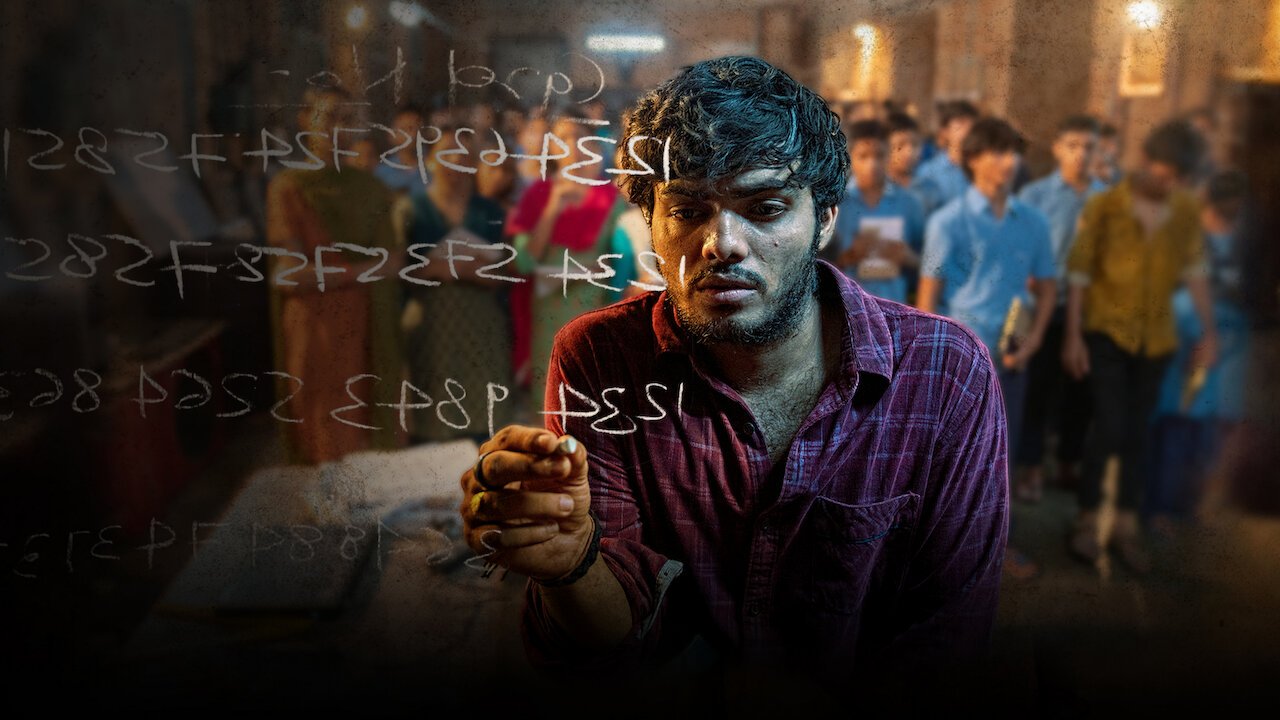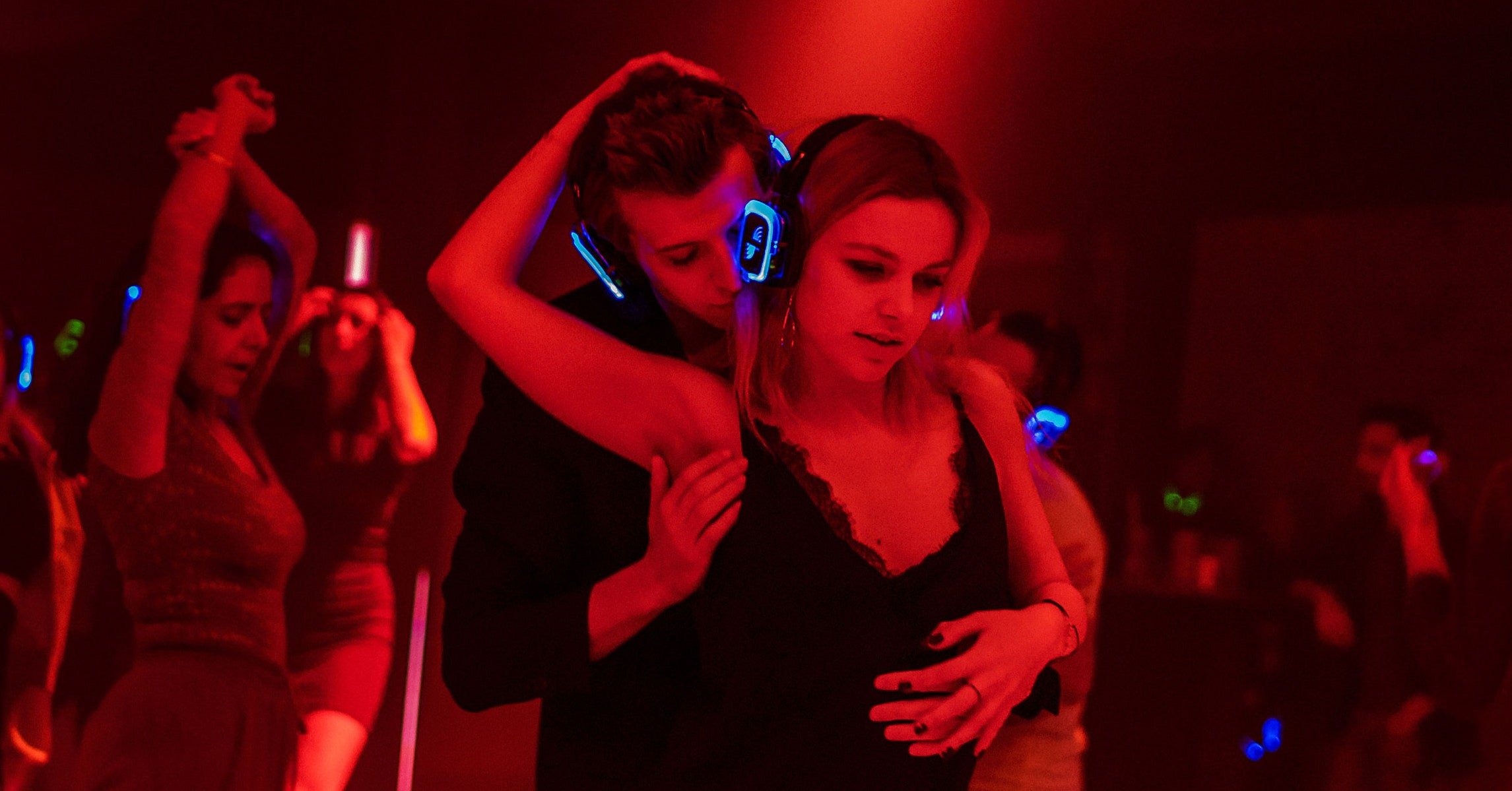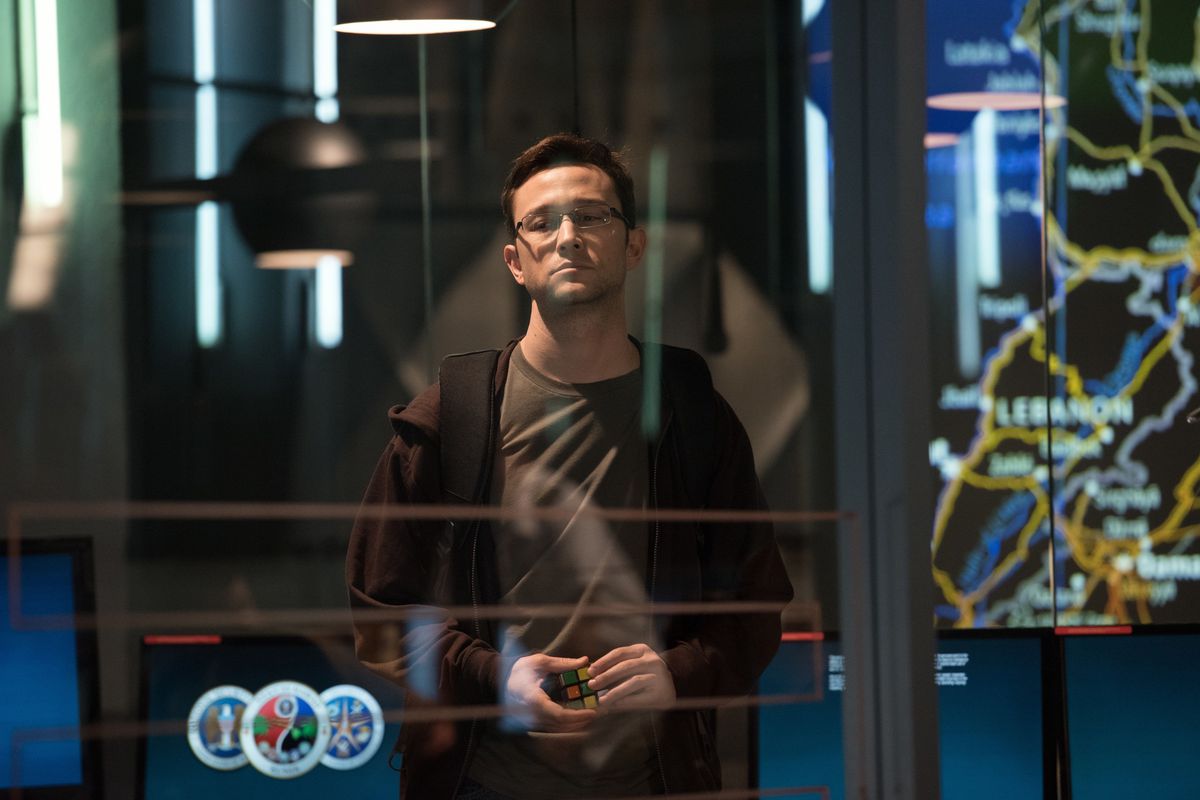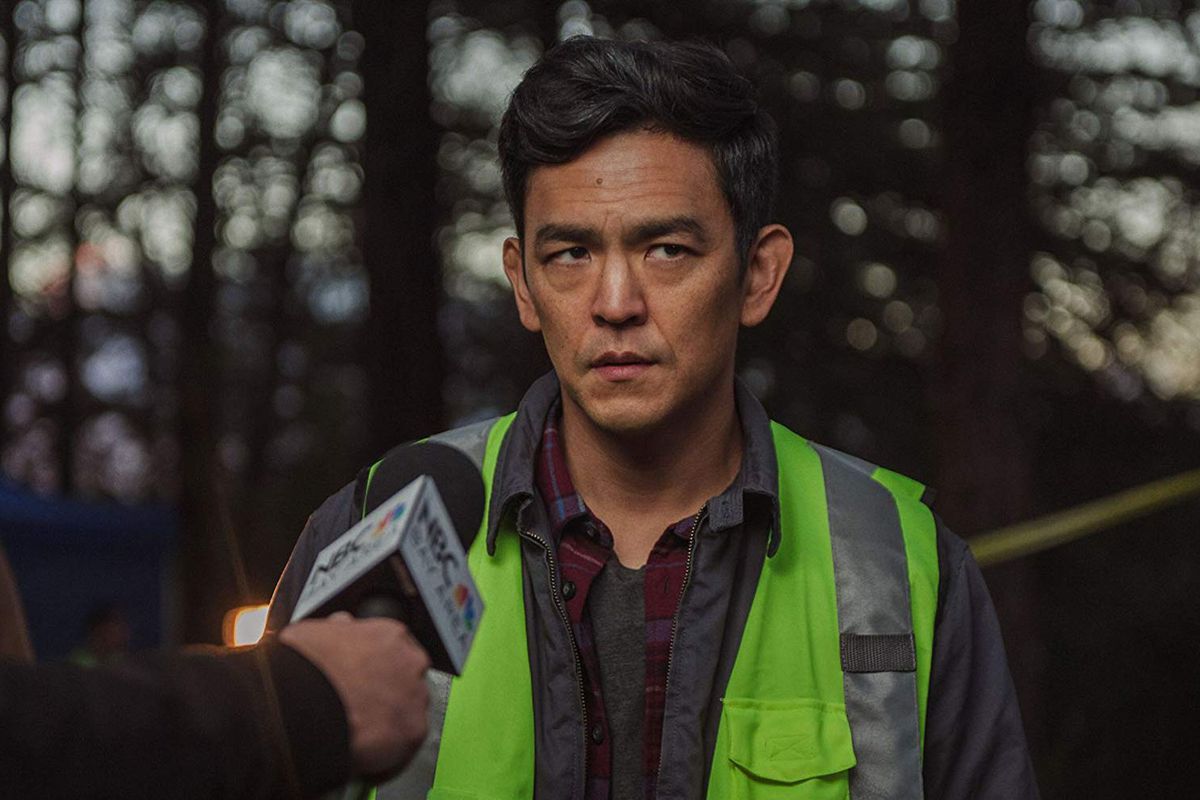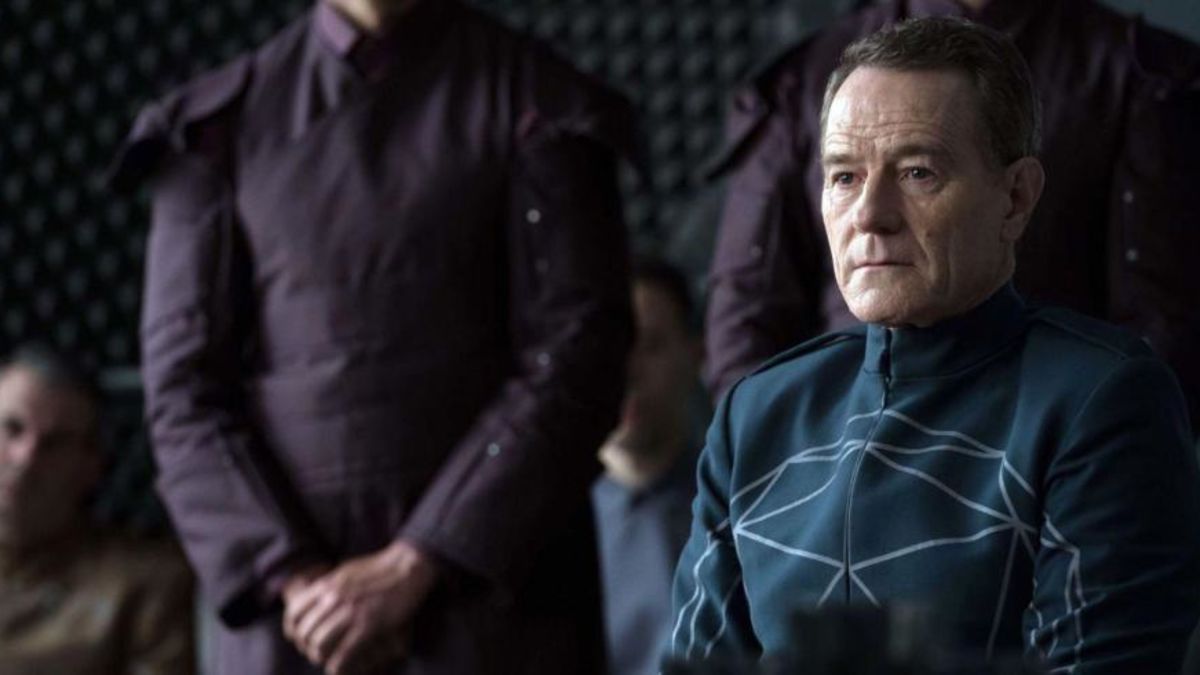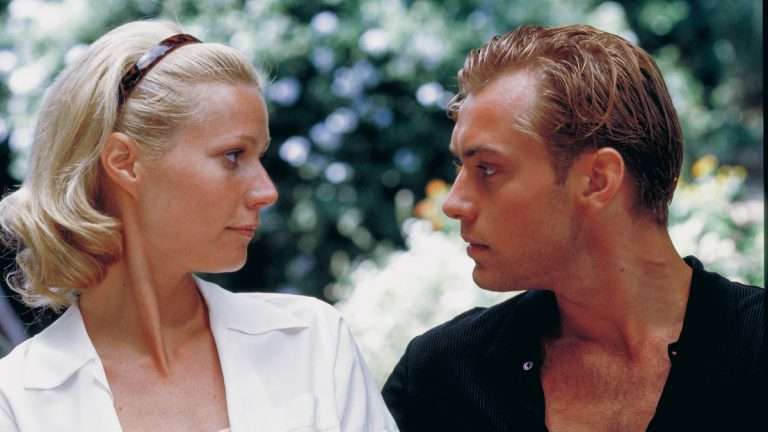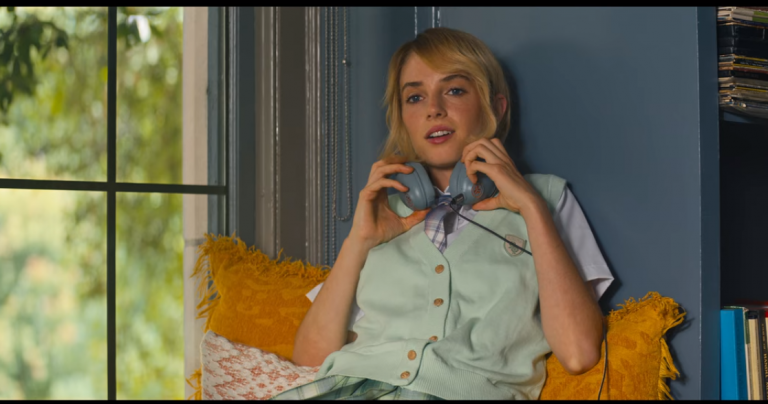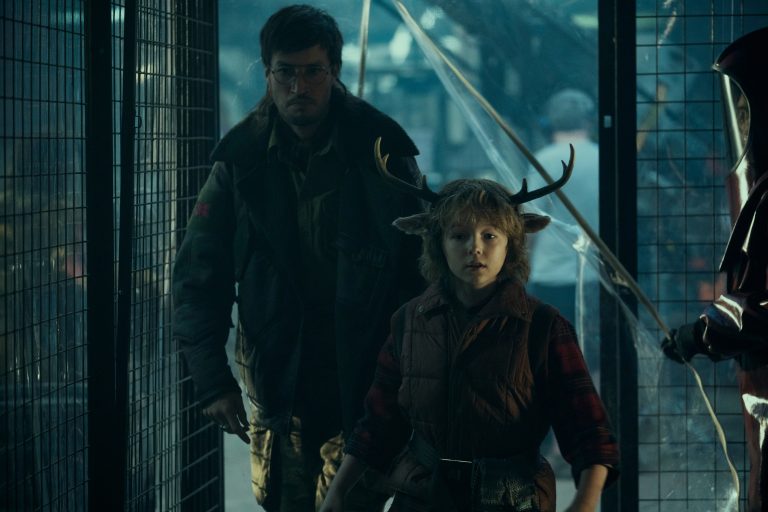2020 was the year of great documentaries. From Gunda to Boys State to Time, documentaries paved the way for a year that saw the moviegoing experience come to a deafening standstill as online streaming sites soared. Out of these documentaries, The Social Dilemma stood out when it was released on Netflix in September after premiering at the Sundance Film Festival earlier in January.
Directed by Jeff Orlowski and written by Orlowski, Davis Coombe, and Vickie Curtis- The Social Dilemma focuses on how social media sites are designed to manipulate and threaten human behavior and action, respectively, using algorithms and unregulated data verification strategies. Particularly this year, when staying online, for official as well as personal reasons, rose to a phenomenal degree. The Social Dilemma became an unsettling, timely reminder of the flip-side of these big tech giants that have in many ways crept into our daily existence.
Tristan Harris, the co-founder of the Center for Humane Technology, who featured largely in The Social Dilemma, was recently included in the 2021 Time Magazine’s 100 Most Influential People of the Future. Harris is one of the leading figures who has been instrumental in pushing technology companies to design, develop and maintain products with mandatory ethical standards. Here is his web link: https://mobile.twitter.com/tristanharris
If you have already watched The Social Dilemma and intend to go further into similar films that navigate the darker side of the internet culture, look no further. Here is a carefully selected list of web series, documentaries, and feature films that navigate the side of the internet that must be seen to be believed.
1. Black Mirror
First premiered in 2011, Black Mirror has achieved the status of a cult TV series that has effectively shown how technology utilizes our fears, anxieties, and conditions against us in a way that completely controls our minds and actions. The common theme of the series, which has since spread out across five seasons, is the often unsettling ways in which technology is affecting our lives permanently. The best episodes of Black Mirror focus on the effects of technology, such as artificial intelligence and social networking, and how they are slowly etching towards a bleak and dystopian future in the making.
Similar to The Social Dilemma – 10 Best Netflix Original Movies of 2020
Episodes like “The Entire History of You” (S1E2), “Nosedive” (S3E1), and “Rachel, Jack, and Ashley Too” (S5E2) fall under this category directly. In another episode titled “Be Right Back,” the character of a widow orders an android version of her deceased husband that has the ability to mimic his personality based completely on his social media postings. Another episode titled “White Christmas” that features John Ham revolves around a device that people can utilize to block others from hearing about them completely. These examples are often unsettling and horrific, but they brilliantly dramatize the terrifying consequences of technology and make for compulsory viewing.
Black Mirror is available on Netflix
2. Behind the Curve (2018)
In Behind the Curve, director Daniel Clark turns the spotlight on people who believe that the Earth is not a “spinning ball flying through space.” Yet, the spotlight is never less than a critique in its shadowed look of empathy. The flat earthers are energetic and talented, and unassumingly cheerful. But at the end of the day, it all comes down to the theories of a conspiracy that are effectively creating a surge of fake information.
Similar to The Social Dilemma – The 40 Best Films Of 2020 (so far)
It comes down to Mark Sargent and Patricia Steer, the two principal characters that Behind the Curve chooses to shed light on. In an acidic turn of events, they visit NASA (National Aeronautics and Space Administration) and shout, “Flat Earth”! The Flat Earthers continue to insist that it is NASA that vehemently echoes the Hebrew word for “deceive”. Behind the Curve is filled with such moments of icy criticism, where the deeply humanistic lens betrays the contradiction that is human nature. The Flat Earthers are not skeptics, they are effectively denying reality and not stopping at that. They are spreading false information, encouraging lies, and threatening scientific research.
Behind the Curve is available on Netflix
3. The Great Hack
This documentary, which plays out more like a dystopian horror feature, is based on the Cambridge Analytica scandal that shook the nation. But at the heart of it, directors Amer and Noujiam Kaiser use the Cambridge Analytica scandal ( drawing a full circle of its role in the 2016 Trump presidential election) campaigns as a framework to shed light on the various other forms of data mining structures and algorithms that are effectively denying individual liberty and worse, a present-day democratic society, without our consciousness.
In this era of surveillance capitalism, The Great Hack suggests how our own personal data is weaponized against us. The Cambridge Analytica scandal that followed was sought out with a similar effect- maneuvering the data crisis to deflect the blame and, resultantly, the attention that came with it towards irrelevant details. It also shows in horrific detail how tech giants build, modify and structure these platforms without bothering about ethical standards. It is this lack of control in safeguarding information without any safe digital cleansing.
The Great Hack is available on Netflix
4. Jamtara: Sabka Number Ayega
Jamtara: Sabka Number Ayega on Netflix opens with a disclaimer stating that it’s fiction inspired by real events. It is those real events that are so frighteningly palpable: Between 2015 and 2017, Indian police worked to crack down on an astonishing number of telephone phishing scams and other cybercrimes. What are these phishing scams? In Jamtara, a small town located in Jharkhand, Sunny (Sparsh Shrivastav), a 17-year-old boy, needs nothing more than three things to earn the amount of Rs 2.5 lakhs: a cellphone, another identity, and just some minutes. Posing as a bank employee, Sunny calls people across the country: housewives, shopkeepers, and bank employees- to dupe them into sharing their credit card numbers.
Related to The Social Dilemma – Taj Mahal 1989 Netflix Review – An unengaging marriage of politics, love, and philosophy
Aided by a top-notch cast with Anshuman Pushkar, Monika Panwar, and Aksha Pardasany, among others, Jamtara fictionalizes the compelling reality of phishing without resorting to any cliché-ridden elements. Directed by Soumendra Padhi, it envelops the viewer with a horrific sense of urgency that these phishing scams do occur in our own vicinity. It is a tricky road to navigate- to constantly reflect on its fictional counterpart, but as much as refreshing Jamtara is, it remains a horrifying reminder of its auctioned reality.
Jamtara: Sabka Number Aayega is available on Netflix
5. Mr. Robot

Mr. Robot revolves around a character named Elliott (Rami Malek), a vigilante hacker who is recruited by fsociety– a ‘hacktivist group’- to help take down a multinational company called E Corp. While the show’s hacks might look too fantastical for reality, Kor Adana, a writer, and technology producer of the show, says that they are completely plausible. She says, “There’s a whole subset of our viewership that freezes every single frame of our computer screens.” She continues how, “They break down the tools that we’re using, the versions of the software; they look for hidden codes in the screens that we hide in there for them.”
Related to The Social Dilemma – Enemies of the State [2020]: ‘TIFF’ Review – Bizarre hacktivist documentary unravels that everything is political
Adana goes on to say how he and Mr. Robot’s creator Sam Esmail talked about how most films and shows portray hacking in a cheesy way. Producers and filmmakers either don’t understand how it really works, and it is from that sense of urgency that Mr. Robot took shape. It is important to note that each of the techniques used in hacking (and there is a multitude of them throughout the seasons) portrayed on the show is based on real hacks. If it isn’t possible to execute a hack in real life, it isn’t written into the series.
Mr. Robot is available on Amazon Prime
6. The Hater
One does not need to get acquainted with Polish director Jan Komasa’s The Suicide Room, to understand its sequel, The Hater. Both films have no plot connection to build upon, rather, it is more of a spiritual, thematic succession. The Suicide Room revolves around the horrific reality of a teenager after the daring video of him kissing another boy becomes viral. Whereas, The Hater is narratively more embedded, following an agonized teenager’s journey from being accused of plagiarism to the link for a public assassination.
Dark and compelling, The Hater is a timely reminder of the era of internal trolls and fake news. The protagonist, Thomasz (Maciej Musialowski), outcasted and desperate to strike back, goes on to destroy the career of a young fitness guru by implementing fake stories that her elixir turns her hands yellow. Thereafter, he uses social media to actively demolish the candidacy of a liberal politician Pawel Rudnicki. What is most frightening is how he achieves these terrible acts silently, behind the anonymity of a computer screen. Warfare created just by silently staying and operating on the internet- a dark, cautionary tale for our digital age where manipulation speeds faster than truth.
The Hater is available on Netflix
7. Fyre
A collaboration between Ja Rule and Billy McFarland, the Fyre Festival created international headlines for all the wrong reasons. Promised as a two-week music festival on a private island that would feature “400 entertainers including comedians, models, actors, actresses, and influencers”, the event was to provide a party for 10,000 people. Then it turned out to be a complete scam. The details were horrific and nothing less than a nightmare in reality.
Similar to The Social Dilemma – The 15 Best Netflix Original Movies of 2019
The brilliant Netflix documentary takes you behind the scenes of the greatest party that never happened. It takes you through the traumatic experience of the attendees who paid thousands of dollars to reach the Caribbean for the scheduled Fyre Fest, where they were greeted with a complete disaster. When they arrived, they found tents in place of hotels and were left starved for hours except for a cheese sandwich – a photo that went viral as an attendee tweeted the image. As more ticket holders began to arrive, they discovered there was no security at all, except for lockers without locks. No tent was allotted so basically, people were scavenging for a tent and stealing luggage and items in the dark as there was no electricity as well. Live tweets from the pseudo-concert made its co-founders, rapper Ja Rule and entrepreneur Billy McFarland, into the laughingstock of the Internet.
Fyre: The Greatest Party That Never Happened is available on Netflix
8. Snowden
Oliver Stone’s Snowden starring Joseph Gordon Levitt as Edward Snowden, the former CIA and National Security Agency contractor, follows his tumultuous journey from leaking tons of classified documents to revealing the mindboggling truth about America’s secret electronic surveillance programs to then seeking to hide and ending up stateless in Russia. Occasionally rushed, Snowden is nevertheless orchestrated by an able performance from Gordon Levitt.
Similar to The Social Dilemma – Citizenfour [2014] Review: Paranoia-Inducing Edward Snowden Revelations
Although the urgency of Snowden’s portrait does not translate into the immediacy of matters like digital surveillance and cybersecurity, mostly because of the hurried direction by Stone, Snowden still speaks volumes about the frighteningly palpable age of digitalization. In an age where our data is weaponized against us, beyond our control, how do we grasp our individual data security? When the dictum of surveillance is operated by the state machinery, who are we to seek assistance from?
Snowden is available on Netflix
9. Searching
Aneesh Chaganty’s Searching takes place completely within the confines of a computer screen. It revolves around David Kim (played brilliantly by John Cho), who is desperately searching for her lost daughter by rummaging through her social media accounts, face-timing her friends, and tracking every possible detail that is available via the internet. Co-written by Chaganty and Sey Ohanian, Searching uses technology as a double-edged sword, one that assists yet ultimately conquers. It is a transfixing, sinister film, complete with thrilling edges and a surprising amount of emotional depth.
Recommended – SEARCHING REVIEW [2018]: GO FIND THIS FILM!
What makes Searching so compelling, though, is how it addresses the digital world we live in a double life that most people are not aware of. As David’s frantic search enables him to get through various screen locks and passwords, he comes to terms with the barrier that already existed between his understanding of his daughter and her actual reality. Searching interrogates this aspect of internet identities that become nothing less than fragmented, distorted versions of reality, so far removed from the perceptibility that already exists.
Searching is available for Rent on YouTube
10. Electric Dreams
Based on ten of Philip Kindred Dick’s short stories, Electric Dreams makes you question your own perception of reality if you allow it to take over your consciousness. But unlike Black Mirror, it is not conceived to fully understand the consequences of the technology itself and its relation to human behavior, rather, it is more focused on how the people who are entrapped within its domains struggle with their ethical considerations.
Also, Read – Kin-dza-dza! [1986] Review – An Extremely Amusing Soviet Sci-Fi Cult Classic
In “Human Is” Bryan Cranston is a vindictive soldier who succumbs in a fight with aliens, only to return to ask questions about his personality. Then there is “The Commuter”, elevated by a fantastic performance by Timothy Spall, and inarguably the show’s best episode revolves around a rail-station employee who finds commuters are traveling to a stop on the line that shouldn’t exist, and how the discovery affects his relationship with his family.

